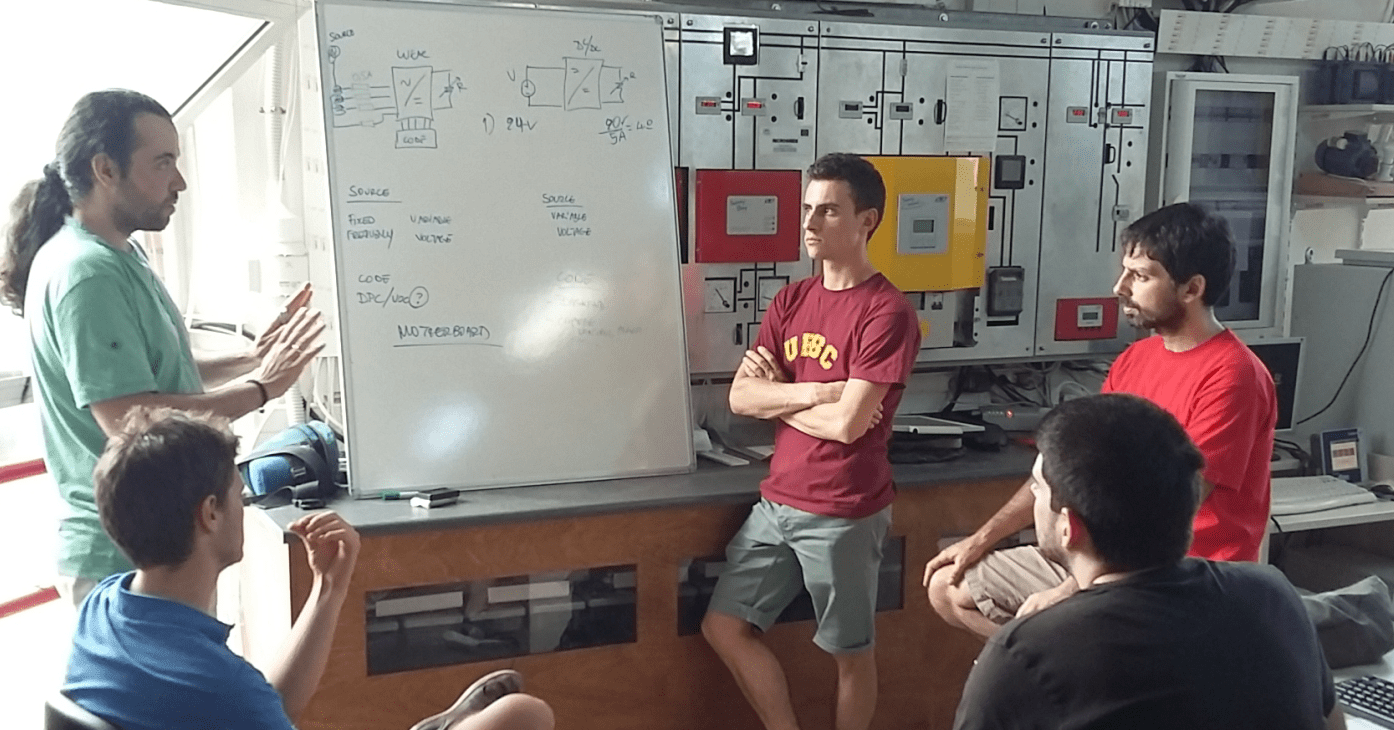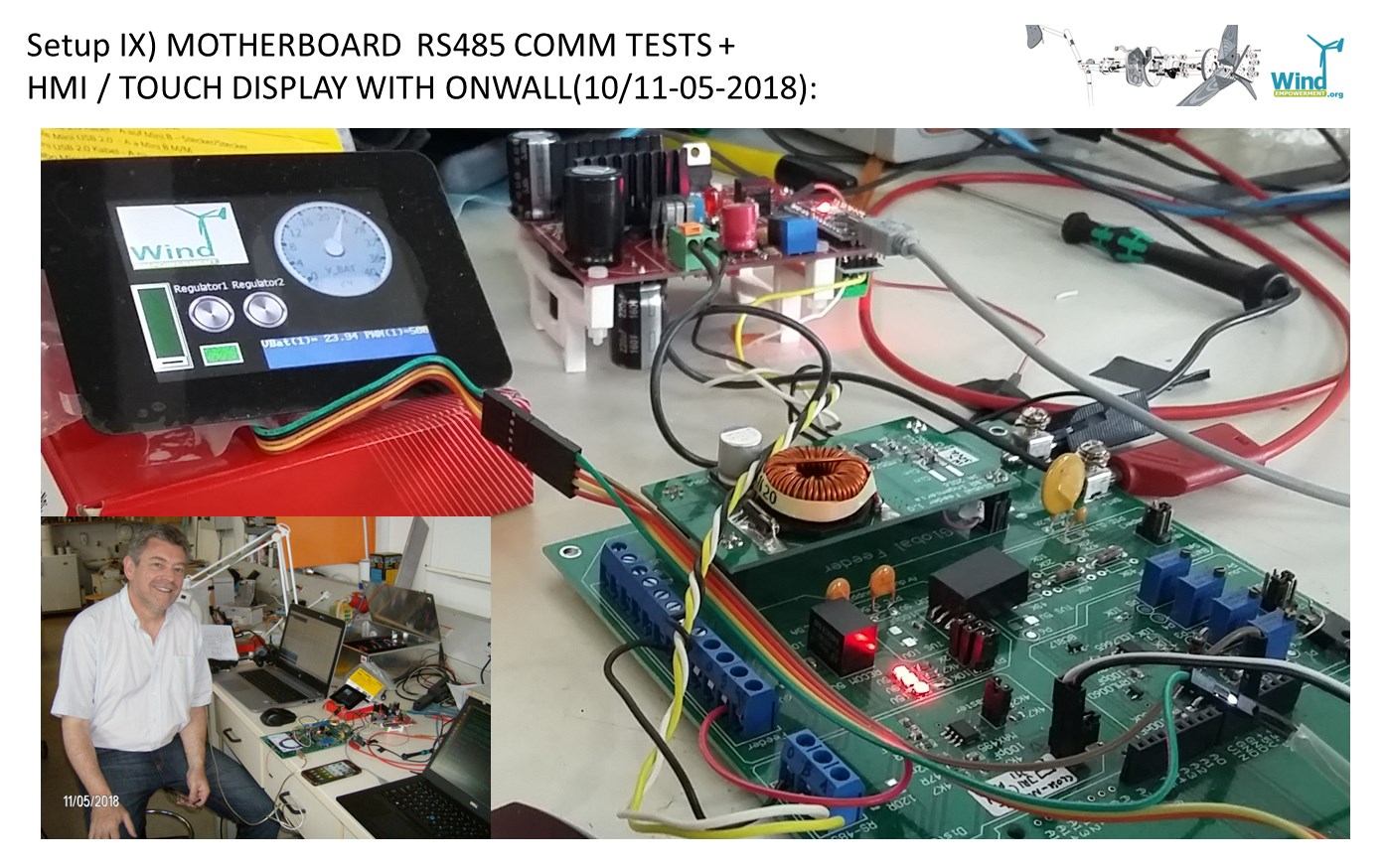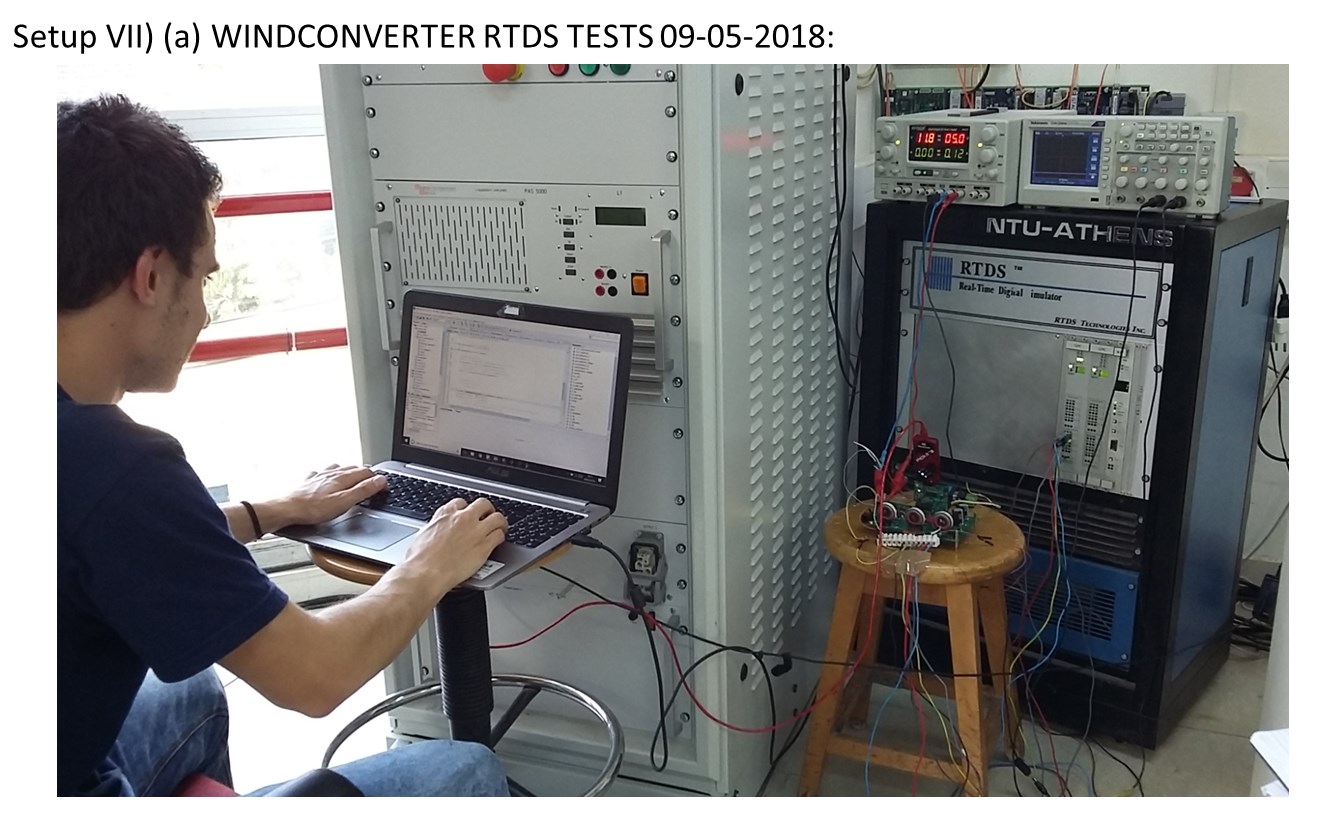SPEARHEAD TA Success Story:
Electrification for Rural Areas and Developing Countries
Topic: Study of modular power electronics architectures as an enabler for multi-tier oriented rural electrification
Hosting facility: Electric Energy Systems Laboratory (ICCS-NTUA)
Duration: 30.04.2018 – 12.05.2018
Outcomes: factsheet, technical report, website

Over a billion of people all over the world, mostly in rural areas, do not have access to electricity. The main obstacle to an affordable and sustainable rural electrification is the lack of power electronics technology compatible with unforeseeable changes in either energy production or load profile. SPEARHEAD’s work focuses on studying the use of modular power electronics systems as a means to solve this problem. During their TA research, the SPEARHEAD user team tested two pilot elementary power modules in controlled conditions to validate their hardware, firmware and software design.
Achievements
SPEARHEAD’s TA stay allowed the user team to get extensive feedback on their design choices. “Both of our elementary power modules had flaws that we would have never been able to detect if not for the tests we performed at the ICCS-NTUA laboratory in Athens,” says Luiz Fernando Lavado Villa, leader of the TA user group SPEARHEAD.
In terms of hardware, SPEARHEAD determined the best compromise between simplicity and robustness of different parts of both elementary boards.
In terms of firmware, the user team understood the importance of looking into a more advanced mode of task scheduling.
Finally, in terms of software, the SPEARHEAD team have decided to look further into Cython in order to embed future applications in low-cost SOCs such as a raspberry pi.


The most significant achievements for the SPEARHEAD TA group were the emergence of the notion of “Mathware” and the recognition that modular power electronics systems may require embedded mathematical applications for machine learning. These applications can provide clues to the state-of-health of a certain power converter and can help local practitioners to better manage their converter park as the microgrid changes over time. According to the SPEARHEAD approach, this is formalised by a “mathware” abstraction layer.
The software we validated during this TA also allowed us to get the second place at the TAPAS challenge organised by Siemens. It took us little over 3 days of work to adapt it to a new power electronics board, giving us a case study of the portability of our solution accord different power electronics hardware platforms.
Finally, a revised and corrected version of the hardware, firmware and software of our power module is now available online and our impact in rural electrification keeps growing as we collaborate further with colleagues in emerging countries to transfer the OwnTech technology to them."


Comments are closed.